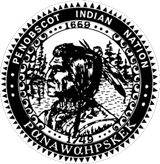Princess Watahwaso’s Teepee
PENOBSCOT LANDMARK
Erected: 1947
Height: 30ft.
Base Diameter: 24ft.
Circumference: 75ft.
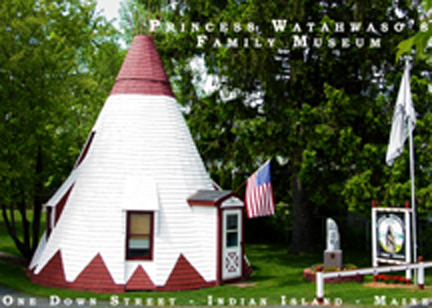
Chief Poolaw’s Teepee was erected in 1947 by Lucy Nicolar Poolaw — “Princess Watahwaso”– and her Kiowa husband Bruce Poolaw. The towering structure quickly became a tourist attraction. Besides housing an Indian novelties shop, it served as a giant calling card for the couple, already known nationwide as Native American performers. Visitors who timed it right could meet the shop’s famous owners or witness the making of traditional crafts. To keep enough inventory and attract customers, Lucy and Bruce hired Penobscot basketmakers to weave on location. They also hired and outfitted Penobscot children to come by and dance. The structure was recently renovated and renamed Princess Watahwaso’s Teepee: A Family Museum.
Bruce and Lucy Poolaw met while traveling across the country performing as “Indians” at wild west shows and on the theatre circuit. When the stock market crashed in 1929, Lucy returned home to the Penobscot reservation with her Kiowa husband Bruce.
Lucy’s father, Joseph Nicolar, was born on February 15, 1827, and he died on February 14th, 1894. He was the most educated Penobscot of his time. In 1893, he published the Native American literary masterpiece The Life and Traditions of the Red Man. Joseph and his wife Elizabeth had three daughters Emma, Lucy, and Florence.
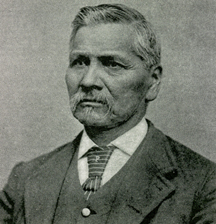
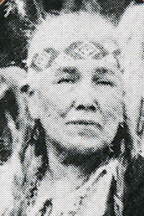
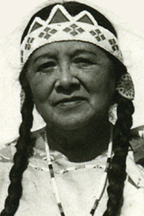
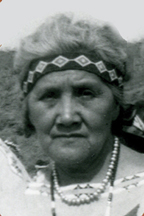
Emma was born in 1868. She was a housewife and a good mother to her nine children. She was very reserved, and it was said she never uttered a harsh word. Emma, like her sisters, was active in advocating for Native American Rights.
Florence NicolarLucy was born in 1882 and at an early age she took on the stage name of “Princess Watahwaso.” Promotional materials for her performances described her as “supreme in the portrayal of Indian Lore and Indian music”.
An avid piano player and basket maker, Florence was born in 1884. She was an advocate for Native American voting rights and educational opportunities for Native American children. She also petitioned to have a bridge built to connect Indian Island and Old Town.
Charles Norman Shay, son of Florence, obtained the teepee in 1988 and soon went beyond a simple renovation of the deteriorating property. He became captivated by the project and decided to make it a work of art. He hired a young and talented artist named Calvin Francis to cover the entire interior with murals featuring Charles’ ancestors and animals indigenous to Maine. Among family members pictured is Joseph Nicolar, author and long-time Penobscot representative to the Maine State Legislature.
Charles commissioned Tim Shay to sculpt a monument honoring Joseph Nicolar.”I decided to restore Poolaw’s Teepee because it belonged to part of my family, and I’m proud of my ancestors.” Charles Norman Shay
